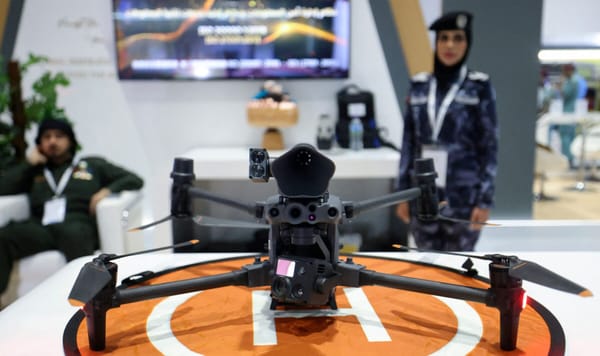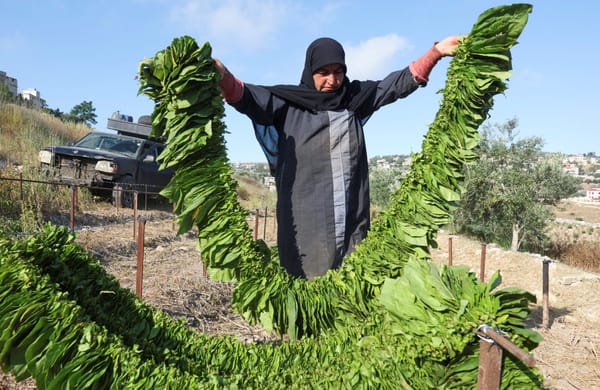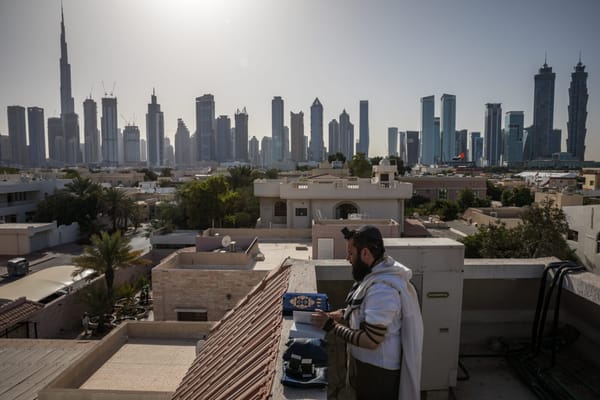Booyah! Growing Up Amidst Revolution
As any parent can tell you, kids are profoundly shaped by what goes on around them that is outside the parents’ control. Witness the socialization of my daughter, 8, half-Egyptian, half-American and living in Cairo, over the last two years. If nothing else, it’s a window upon how Egypt’s political t








